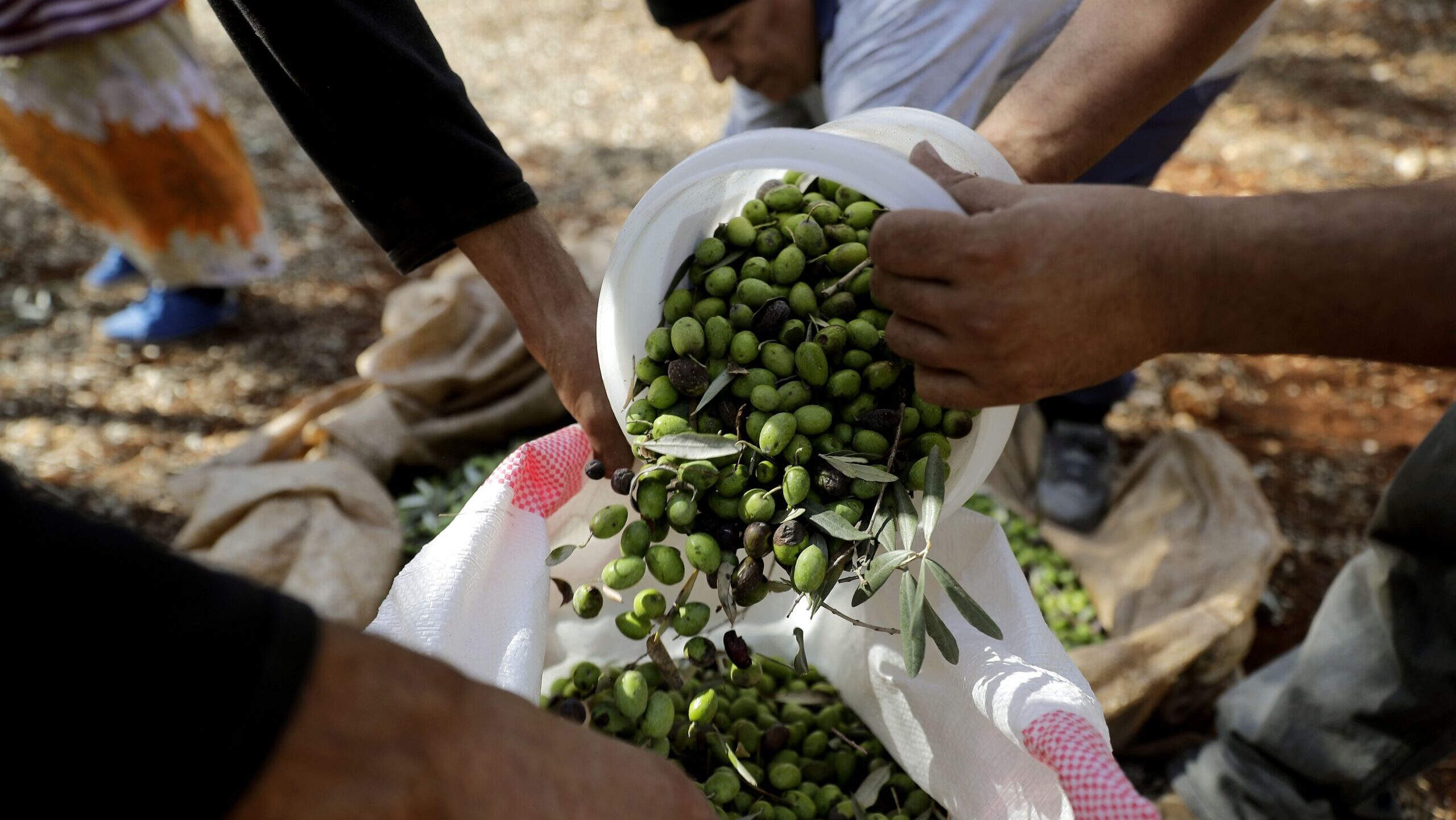Lebanon’s Olive Farmers Caught in Crossfire of Israel-Hizbullah Conflict
Environmental, economic, and emotional toll on Lebanon’s agriculture
The traditional olive harvest in southern Lebanon, a crucial economic activity, faces severe disruption due to Israeli strikes in response to Hizbullah’s rocket fire. Farmers, like Adel Khoury from Rachaya al Foukhar, express fear that Israeli military drones might misinterpret the rustle of harvesting activities in the trees as hostile, posing a significant threat to their safety.
The conflict has persisted for over a month, with Israel targeting areas in southern Lebanon in response to rocket attacks by Lebanon-based military groups amid the Israel-Hamas war. The situation has escalated, particularly after Hizbullah fired rockets towards Israeli military sites on October 8, prompting heavy Israeli artillery response.
Give the gift of hope
We practice what we preach:
accurate, fearless journalism. But we can't do it alone.
- On the ground in Gaza, Syria, Israel, Egypt, Pakistan, and more
- Our program trained more than 100 journalists
- Calling out fake news and reporting real facts
- On the ground in Gaza, Syria, Israel, Egypt, Pakistan, and more
- Our program trained more than 100 journalists
- Calling out fake news and reporting real facts
Join us.
Support The Media Line. Save democracy.
Jamal Hamdan, another local farmer, worries that the conflict could devastate the harvest season. The price of olive oil in Lebanon, often referred to as “liquid gold,” has already skyrocketed from $60 to $140 per 16-kg container.
Lebanese Agriculture Minister Abbas Hajj Hassan reported that around 12,000 hectares of olive orchards have been affected by the strikes. A survey by the Lebanese Agriculture Ministry revealed significant damage to olive trees and farmlands due to Israeli bombs containing phosphorus.
Riad Harb, head of the olive oil producers syndicate in southern Lebanon, notes that about 60% of farmers have been unable to harvest their crops, urging for a truce under the United Nations Interim Force in Lebanon’s supervision to allow for safe harvesting before winter.



